17+ Ethnic Group Examples to Download
Asians is a catch-all term used by the media to indicate a person whose ethnicity or archetype comes from a country located in Asia. This catch-all general term is an example of an ethnic group.
1. Ethnic Group Statistics
2. Role of Ethnic Groups in Social Development
3. Definition and Dimensions of Ethnic Groups
4. Ethnic Group Development Plan
5. Ethnic Group Government Statistical Service
6. Quantifying Stability and Change in Ethnic Group
7. Inequality within Ethnic Groups
8. Free Floating Subdivisions Ethnic Groups
9. Labour Market Status by Ethnic Group
10. Multidimensional Poverty across Ethnic Groups
11. Customs and Traditions Ethnic Group
12. Ethnic Group Origin and Ethnicity
13. Ethnic Group Change Form
14. Improving Ethnic Group Data Collection
15. Positive Psychology in Racial and Ethnic Groups
16. Social Exclusion and Ethnic Groups
17. Ethnic Group Engagement Frame Work
18. Representation of Ethnic Groups in Chemistry
What Is an Ethnic Group
Ethnic groups refer to a group of individuals that share a singular ethnicity or a group of characteristics. If you want to learn more about ethnic groups you may refer to any representation of ethnic groups in chemistry articles, social exclusion and ethnic groups, and ethnic group engagement framework on the links above.
How To Identify Ethnic Groups
It is important to know how to identify the ethnic groups we belong to, as it is a pivotal part of one’s self-actualization and identity. There are many ethnic groups in existence, each with its own set of characteristics, singular point of origin, and shared culture and traditions.
1.) Check the Country of Origin of the Chosen Group of People
Begin by checking the country of origin shared by the chosen group of people. This will help you obtain the general ethnic group these people belong to. Not only that but this will also help narrow down the sub-group these people belong to.
2.) Identify the Specific Provincial Origin of the Chosen Group of People
Identify the specific part or province these groups of people belong to. This will provide you with the specific provincial origin which will allow you to get a more in-depth identification of the ethnic group.
3.) Learn About the Various Cultural Stories and Practices of the Chosen Group of People
Ethnic groups are not only composed of a singular point of origin, one of the most important factors that tie an ethnic group together is the cultural stories and practices that these people share. Not only that but this will also include the various unique dialects the group has integrated into their language.
4.) List Out the Various Similar Characteristics Shared by the Chosen Group of People.
Another factor that you will need to identify is the shared physical characteristics these groups of people share. List out the shared characteristics and check whether there are very prevalent in the community.
FAQs
What are the differences between ethnic groups and nationalities?
An ethnic group is a type of identity group that relates to a group or congregation of people that hail from the same ethnicity, hence the word ethnic groups. A nationality, on the other hand, refers to the individual’s citizenship and responsibilities as a citizen of the nation or country. This means that a person can come from an ethnic group that is different from their nationality. Not only that but a person’s ethnic group can be different from their place of origin, as the individual’s ethnicity is determined by the person’s blood and is therefore inherited from their parents. This is a juxtaposition with the concept of one’s nationality, which is determined by their place of origin
What is the effect of an ethnic group on a person’s identity?
Ethnic group or ethnicity is one of the biggest factors in a person’s identity. The ethnic group presents itself as a way for the individual to identify and relate their various physical properties or features, themes, unique contexts, tones, cultures, and traditions. The ethnicity of the person can help provide a structure to their understanding of the hardships and stories inculcated in their families. This means that the effect of learning and understanding one’s ethnicity can improve a person’s identity, whether or not they choose to identify or not to identify with their ethnic group.
How are ethnic groups classified?
Ethnic groups can be classified as specific subgroups or general ethnicity. Examples can include Asian people, which can be specified as a subgroup called East Asian People. One can even further specify the example to either be Chinese, Japanese, or Korean. This is not only limited to this, as ethnic groups can also be used to specify a specific group of people that hail from a specific part of the country, examples include Cebuanos or South Koreans.
Ethnic groups refer to a specific group of people that have a specific country of origin, physical characteristics, practiced traditions, and more of the like. Ethnic groups are very important in helping a person have a similar group of people to relate to and share their experiences with. This will not only help with the individual’s sense of belonging, but it will also help the person know more about the ethnic group and the various bias and discriminations they may face.
17+ Ethnic Group Examples to Download
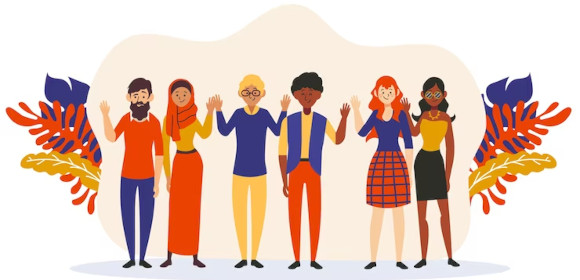
Asians is a catch-all term used by the media to indicate a person whose ethnicity or archetype comes from a country located in Asia. This catch-all general term is an example of an ethnic group.
1. Ethnic Group Statistics
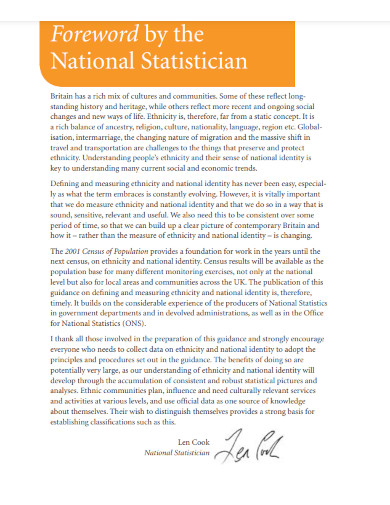
en.unesco.org
Details
File Format
PDF
Size: 84 KB
2. Role of Ethnic Groups in Social Development
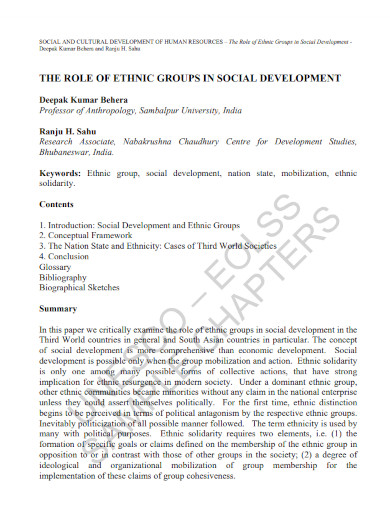
eolss.net
Details
File Format
PDF
Size: 79 KB
Download
3. Definition and Dimensions of Ethnic Groups
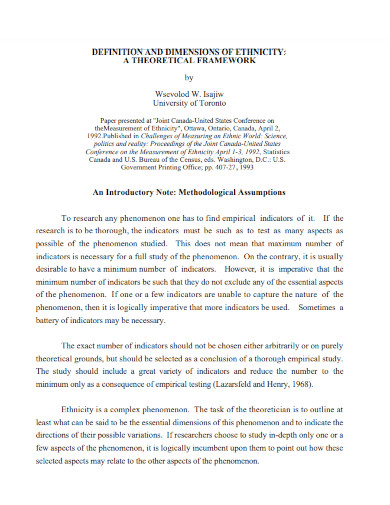
tspace.library.utoronto.ca
Details
File Format
PDF
Size: 76 KB
4. Ethnic Group Development Plan

adb.org
Details
File Format
PDF
Size: 116 KB
5. Ethnic Group Government Statistical Service

gss.civilservice.gov.uk
Details
File Format
PDF
Size: 97 KB
6. Quantifying Stability and Change in Ethnic Group
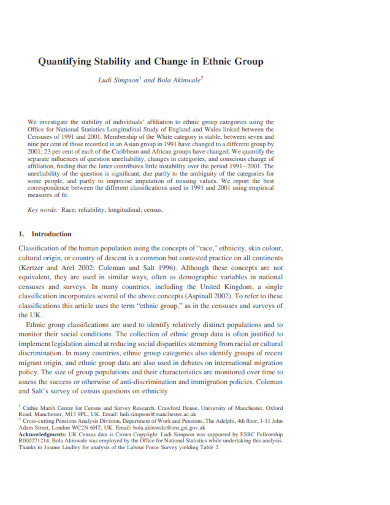
scb.se
Details
File Format
PDF
Size: 67 KB
7. Inequality within Ethnic Groups
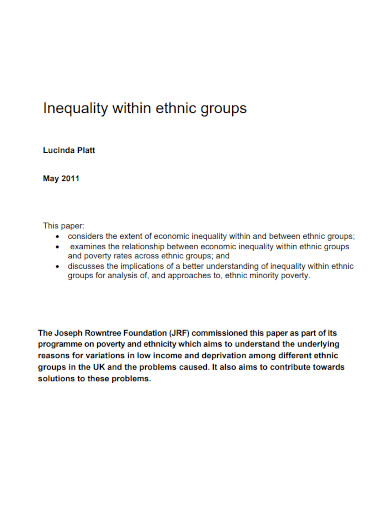
jrf.org.uk
Details
File Format
PDF
Size: 39 KB
8. Free Floating Subdivisions Ethnic Groups
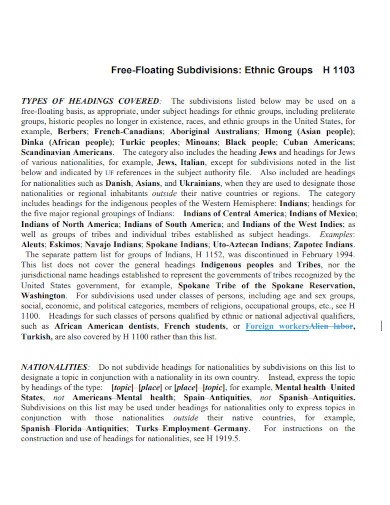
loc.gov
Details
File Format
PDF
Size: 110 KB
9. Labour Market Status by Ethnic Group

assets.publishing.service.gov.uk
Details
File Format
PDF
Size: 89 KB
Download
10. Multidimensional Poverty across Ethnic Groups
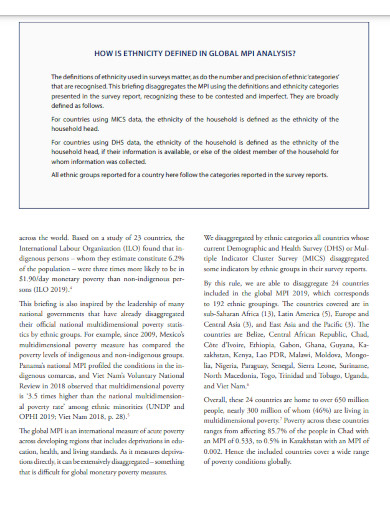
ophi.org.uk
Details
File Format
PDF
Size: 93 KB
Download
11. Customs and Traditions Ethnic Group
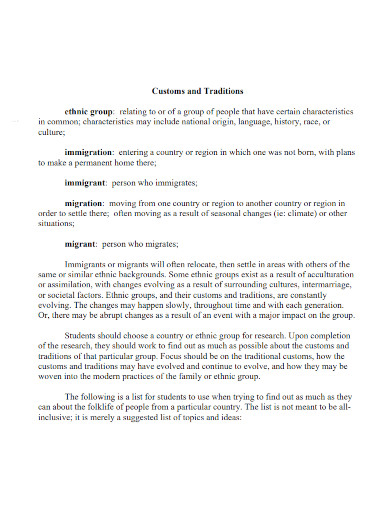
riversofsteel.com
Details
File Format
PDF
Size: 67 KB
Download
12. Ethnic Group Origin and Ethnicity
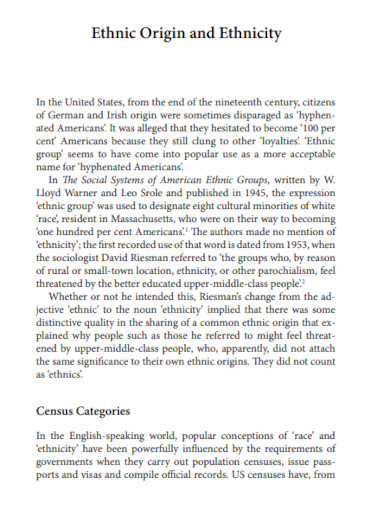
berghahnbooks.com
Details
File Format
PDF
Size: 85 KB
Download
13. Ethnic Group Change Form
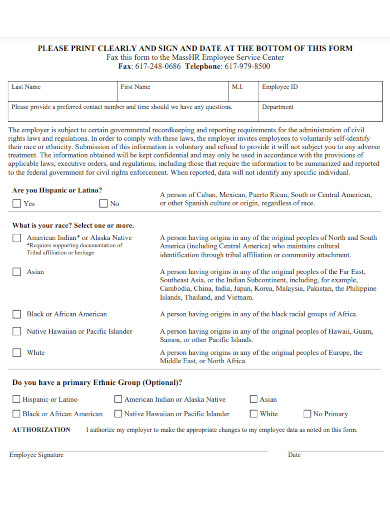
mass.gov
Details
File Format
PDF
Size: 77 KB
Download
14. Improving Ethnic Group Data Collection
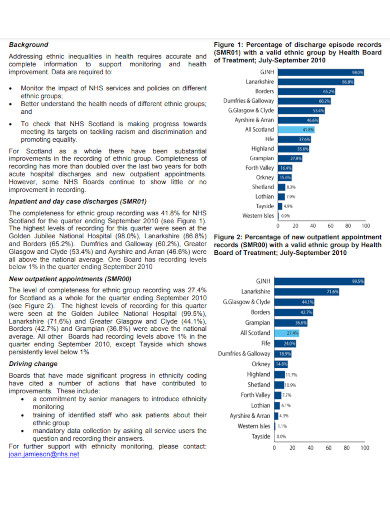
isdscotland.org
Details
File Format
PDF
Size: 95 KB
Download
15. Positive Psychology in Racial and Ethnic Groups
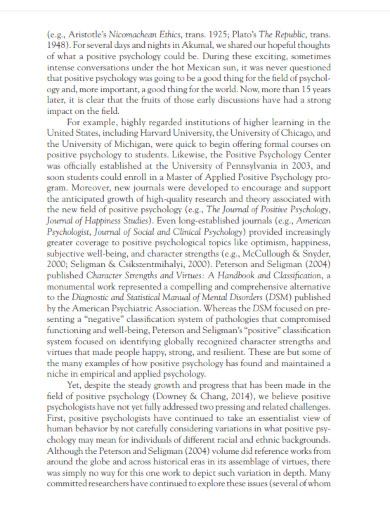
apa.org
Details
File Format
PDF
Size: 104 KB
Download
16. Social Exclusion and Ethnic Groups
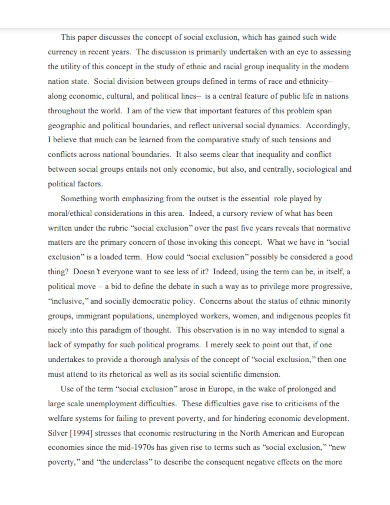
brown.edu
Details
File Format
PDF
Size: 91 KB
Download
17. Ethnic Group Engagement Frame Work

maf.gov.la
Details
File Format
PDF
Size: 90 KB
18. Representation of Ethnic Groups in Chemistry

iop.org
Details
File Format
PDF
Size: 121 KB
What Is an Ethnic Group
Ethnic groups refer to a group of individuals that share a singular ethnicity or a group of characteristics. If you want to learn more about ethnic groups you may refer to any representation of ethnic groups in chemistry articles, social exclusion and ethnic groups, and ethnic group engagement framework on the links above.
How To Identify Ethnic Groups
It is important to know how to identify the ethnic groups we belong to, as it is a pivotal part of one’s self-actualization and identity. There are many ethnic groups in existence, each with its own set of characteristics, singular point of origin, and shared culture and traditions.
1.) Check the Country of Origin of the Chosen Group of People
Begin by checking the country of origin shared by the chosen group of people. This will help you obtain the general ethnic group these people belong to. Not only that but this will also help narrow down the sub-group these people belong to.
2.) Identify the Specific Provincial Origin of the Chosen Group of People
Identify the specific part or province these groups of people belong to. This will provide you with the specific provincial origin which will allow you to get a more in-depth identification of the ethnic group.
3.) Learn About the Various Cultural Stories and Practices of the Chosen Group of People
Ethnic groups are not only composed of a singular point of origin, one of the most important factors that tie an ethnic group together is the cultural stories and practices that these people share. Not only that but this will also include the various unique dialects the group has integrated into their language.
4.) List Out the Various Similar Characteristics Shared by the Chosen Group of People.
Another factor that you will need to identify is the shared physical characteristics these groups of people share. List out the shared characteristics and check whether there are very prevalent in the community.
FAQs
What are the differences between ethnic groups and nationalities?
An ethnic group is a type of identity group that relates to a group or congregation of people that hail from the same ethnicity, hence the word ethnic groups. A nationality, on the other hand, refers to the individual’s citizenship and responsibilities as a citizen of the nation or country. This means that a person can come from an ethnic group that is different from their nationality. Not only that but a person’s ethnic group can be different from their place of origin, as the individual’s ethnicity is determined by the person’s blood and is therefore inherited from their parents. This is a juxtaposition with the concept of one’s nationality, which is determined by their place of origin
What is the effect of an ethnic group on a person’s identity?
Ethnic group or ethnicity is one of the biggest factors in a person’s identity. The ethnic group presents itself as a way for the individual to identify and relate their various physical properties or features, themes, unique contexts, tones, cultures, and traditions. The ethnicity of the person can help provide a structure to their understanding of the hardships and stories inculcated in their families. This means that the effect of learning and understanding one’s ethnicity can improve a person’s identity, whether or not they choose to identify or not to identify with their ethnic group.
How are ethnic groups classified?
Ethnic groups can be classified as specific subgroups or general ethnicity. Examples can include Asian people, which can be specified as a subgroup called East Asian People. One can even further specify the example to either be Chinese, Japanese, or Korean. This is not only limited to this, as ethnic groups can also be used to specify a specific group of people that hail from a specific part of the country, examples include Cebuanos or South Koreans.
Ethnic groups refer to a specific group of people that have a specific country of origin, physical characteristics, practiced traditions, and more of the like. Ethnic groups are very important in helping a person have a similar group of people to relate to and share their experiences with. This will not only help with the individual’s sense of belonging, but it will also help the person know more about the ethnic group and the various bias and discriminations they may face.

